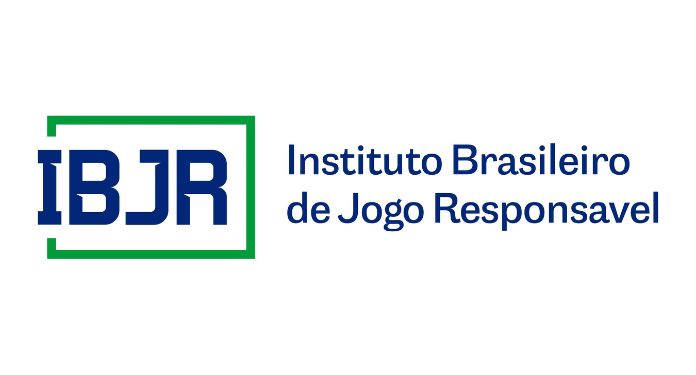The Brazilian Institute of Justice and Regulation (IBJR) expresses its concern with Normative Instruction RFB No. 2,191 (IN 2,191/24), published by the Federal Revenue on May 7, which defines the taxation of winnings obtained in fixed-odd bets in Brazil .
Despite being equipped with studies and aware of successful (and unsuccessful) examples in other jurisdictions, the Federal Government chose to approve a tax model for the fixed-odd betting industry that is not only legally questionable, but also harmful to the consumer. and the incipient regulated Brazilian betting market.
RFB Normative Instruction No. 2,191, published this Tuesday (7) by the Federal Revenue Service and received with concern by everyone who follows the matter, defined the taxation levied on gains made by Brazilians on platforms to be maintained by odds betting operators fixed in Brazil, both in sports betting and in the online gaming sections.
In December last year, Law 14,790/23, which regulated fixed-odd bets, was sanctioned, providing, in its article 31, that net prizes obtained in fixed-odd bets would be taxed by the Personal Income Tax ( IRPF) at a rate of 15% (fifteen percent).
It turns out that the Executive Branch, through a presidential veto, chose to suppress from the bill debated and approved by the National Congress exactly the provisions that (i) defined the net prize provided for in this article as the positive result obtained by bettors in bets every year, after deducting losses incurred on bets of the same nature in the same period; and (ii) established the mechanics of annual tax collection.
Changes in betting regulation and impacts on taxation
With the presidential veto, therefore, a gap was opened in the recently approved law regarding the definition of the “net premium” indicated in article 31 of the law, as well as regarding the method of collecting the tax on it and the calculation period.
Today, months after the presidential veto, the same Executive Branch, this time through a normative act from the Federal Revenue, established a restrictive concept of “net premium”, which expressly prohibits the compensation of losses. “Net prize” will be considered the difference between the amount bet and the prize received in each bet (for sports themed events) or session (for virtual online gaming events) individually considered.
In other words, taxation will fall on the prizes obtained in each bet or gaming session individually considered, with compensation for losses in other events of the same nature being expressly prohibited.
The stimulus to the informal market highlighted above could frustrate the Brazilian Government’s expectation of channeling the fixed-odd betting market, replicating bad precedents abroad, and reducing the volume of resources allocated to public coffers, including for the application of sports integrity policies , encouraging responsible gambling, combating match-fixing, money laundering and gambling addiction.
By requiring the taxation of prizes considered separately without allowing compensation for losses, the Federal Revenue’s understanding makes it possible to tax bettors who did not earn any effective income (because they lost more bets than they won), which weakens the constitutionality of the rule. and has a perverse effect on the consumer.
IBJR points out implications of the new rules and future perspectives
In addition to the concept of “net prize”, IN 2,191/24 established that the tax will be levied exclusively through withholding tax (IRF), and that withholding must occur at the time of payment or credit of the prize to the bettor. In other words, the calculation period (which in the wording of Law 14,790/23 would be annual) was restricted to the time interval of each bet.
By defining rules and concepts that should be the subject of ordinary law (such as the tax calculation basis and the calculation period), IN 2,192/24 may encourage litigation and judicialization of the topic, which greatly harms legal certainty and the healthy growth of a still incipient regulated market.
Therefore, the rule will put at risk all the market regulation work done to date by the National Congress and the MF Prizes and Betting Secretariat, and it also fails to understand that the objective of regulation is to encourage positive behaviors from both operators and bettors, including contributing to tax collection.
Therefore, the IBJR understands that the best alternative for the thriving and regulated Brazilian fixed-odd betting market today includes the removal of presidential vetoes to Bill No. 3,626/23 by the National Congress, a hypothesis in which IN 2,191/ 24 should be reformulated to adapt to the legal text.




















































